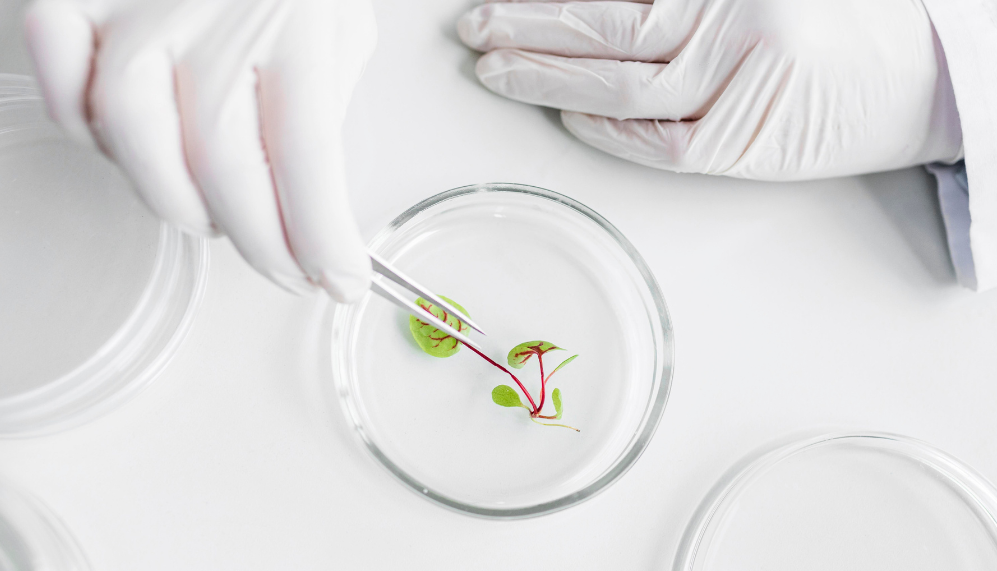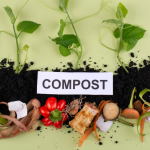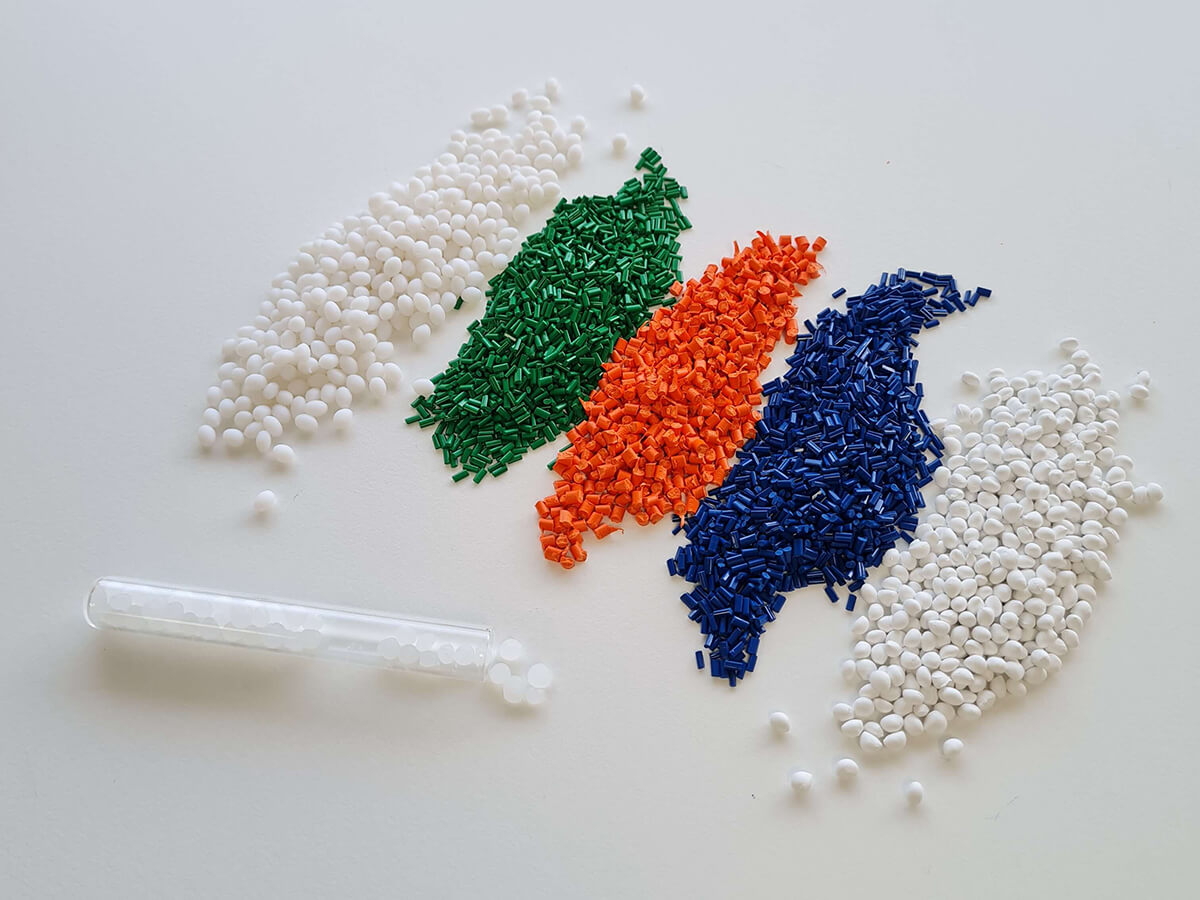
4 surprising uses of biopolymers
Concern for the health of the environment and the need to reduce our dependence on non-renewable sources such as petroleum has led different sectors to make great efforts to find alternatives that are more responsible with nature.
In the case of polymers, we find biopolymers, which have become one of the most attractive options due to their compatibility with a circular economy model and their properties that, under a system of innovation and development, make these materials increasingly versatile for different types of industries.
Advantages of using biopolymers
Biopolymers can be of renewable origin and come from natural sources such as corn, sugar cane or sugar beet. This reduces the dependence of the different sectors on fossil fuel sources such as petroleum and considerably reduces greenhouse gas emissions.
Biopolymers can also be biodegradable. This means that, under the appropriate condition and means of decomposition, these materials disappear with the help of microorganisms found in nature.
It is important to understand the differences between biodegradable biopolymers and biobased biopolymers (from renewable sources). When we talk about “biodegradability” we refer to their chemical structure and their ability to biodegrade in a given environment and under given conditions.
Consequently, a biopolymer can be:
- Biodegradable
- Biobased
- Biodegradable and bio-based
On the other hand, an additional advantage of the use of biopolymers is the environmental responsibility that the company shows to its consumers. This is sometimes used to communicate a greater commitment to the environment, which tends to create a beneficial image with consumers.
Use of biopolymers: application sectors
Given these advantages, many industries have begun using this material type. Here is some biopolymer uses that you probably didn’t know about.
Biopolymers for the food packaging industry
Packaging waste management is a problem for nature. In fact, European regulations and directives have already emerged that force a change in the packaging industry and the use of more sustainable materials such as recycled or compostable materials.
One of the alternatives that have reached the packaging sector is biodegradable and compostable biopolymers. Biodegradable packaging is that which degrades without leaving traces of microplastics or heavy metals through the action of microorganisms found in the environment. They can biodegrade in different environments such as the sea or soil.
If you are interested in this, here is some relevant information about biodegradable polymers:
- Used and applications of biodegradable polymers
- Biodegradable materials: what they are, their uses and examples
Biodegradable packaging also includes compostable packaging which, at the end of its useful life, must be managed in an industrial composting plant or in a garden compost bin along with the rest of the organic waste. These containers eventually disappear without causing any damage to nature as they are converted into compost, CO2 and water.
Do you need more information about compostables? Here are two articles you’ll love:
The main application within the use of biopolymers in the packaging industry is in food packaging. This is because the recyclability of this type of packaging is hampered due to different factors such as being too small in size or containing organic waste. Therefore, as they contain food waste that needs to be composted, it is much easier to manage the packaging and the food together: by throwing them in the organic garbage bin.

Biopolymers for the industrial sector
Different industries make use of biopolymers for different applications. Normally, for the industrial sector, polymers are not usually biodegradable for the simple fact that they are plastic materials that must be much more durable. However, bio-based biopolymers are often used, thus avoiding the need to use materials such as petroleum.
An example can be the automotive industry, where this type of material can be used for upholstery or different types of parts.
Biopolymers for the medical sector
The applications for which biopolymers are most commonly used are prostheses or orthopedic implants. PLA polymers or copolymers have been widely used for implants.
Aquí tienes más información sobre el plástico PLA: qué es y para qué se utiliza
Biopolymers for the agricultural sector
The use of conventional plastics in the agricultural industry has been used for numerous applications: mulch plastics, fruit protection, stakes and clips, agro-films… However, these wastes are very difficult to manage as their removal from the fields is often not efficient.
In this situation, “soil compost” biopolymers are used. This means that these are materials that degrade in the soil, without needing to be collected.
Prime Biopolymers: exclusive biopolymers adapted to each sector
At Prime Biopolymers we work on the processability of different materials. We know that base biopolymers generate difficulties when producing with them in conventional machinery.
That is why our R&D department is dedicated to the development of biopolymers adapted to each industry, part and application.
Our ZIMIA bioplastic grades are adapted to the needs of each industry. This is how we get them to act correctly in machinery and meet the requirements that the customer demands. In addition, we have a wide range of standard grades that have already been validated in conventional machinery for different types of manufacturing:
- Injection
- Injection blow molding
- Thermoforming
- Extrusion blow molding
- Film
- 3D
If you have doubts about the appropriate material for your process, please contact us and our technical department will help you during the process.








